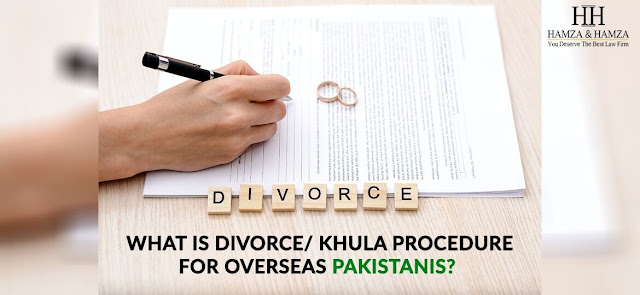What Role Does the Khula Procedure in Pakistan Play in Protecting Children During Marital Breakdowns?

The Khula Procedure In Pakistan is often seen as a legal right exercised by women to escape unhappy or harmful marriages. While its direct purpose is to safeguard the dignity and well-being of wives, its ripple effects extend far beyond the couple. One of the most critical areas where khula has an impact is the protection of children during marital breakdowns. Children are often the silent sufferers in turbulent marriages, exposed to conflict, neglect, or emotional strain. By enabling women to pursue khula, the legal system also provides an avenue to shield children from long-term psychological and social harm. Breaking the Cycle of Domestic Conflict Children growing up in households marked by constant disputes, abuse, or neglect experience deep emotional scars. They may internalize conflict as normal, leading to long-term issues such as anxiety, aggression, or difficulty forming healthy relationships. Khula offers a way out of such environments, allowing children to grow ...





